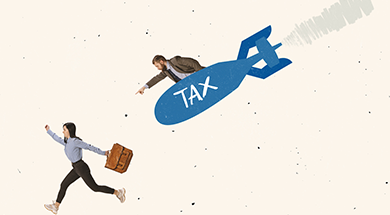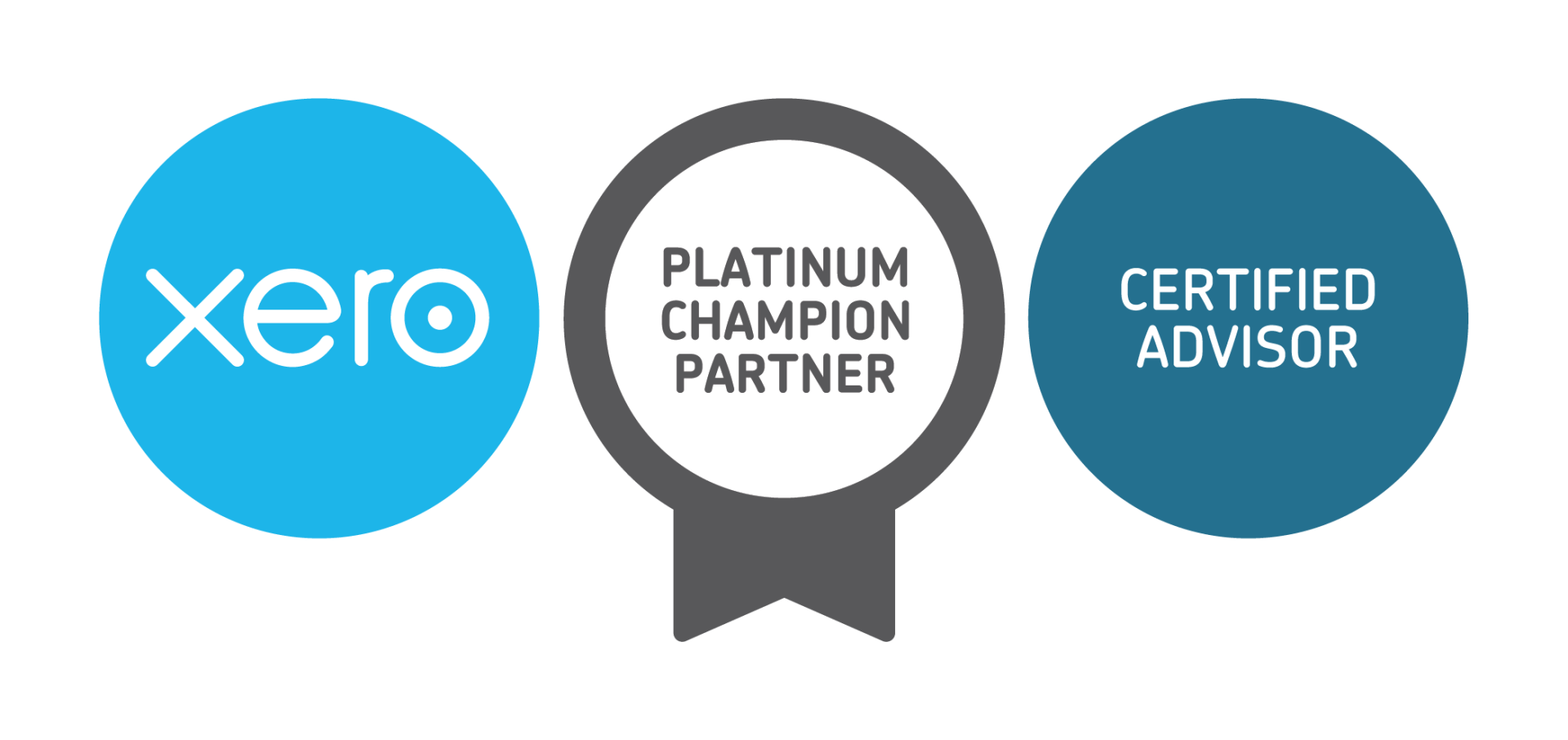
Understanding the ins-and-outs of salary sacrifice is no easy feat. Like most people, you probably know that it has benefits to your
What is salary sacrifice?
When entering into salary sacrifice, you as the employee, agree to forgo part of your salary while your employer provides you with benefits (other than salary) of a similar value. The idea is to try to package the other benefits in such a way where there is an overall benefit (such as more
Who can access salary sacrifice?
Don't think only Not-for-profits (NFP's). NFP's often use salary sacrifice as an employee benefit to help bridge salary gaps and government agencies provide it as a perk to their staff, however, it is important to note that any employer can offer it. Limits may apply on what your employer is willing to offer and reasons for this can include Fringe Benefits Tax (FBT) and set-up fees. For details on what you can salary sacrifice, chat to your employer.
What types of benefits can I salary sacrifice?
There are a range of benefits that might be offered by your employer, however, it is important to consider your individual situation and assess whether or not, various options will actually provide an overall benefit. Some benefit options can include:
- Vehicles;
- Health insurance;
- School and childcare fees;
- Work-related items such as portable electronic devices, computer software,
tools of the trade, protective clothing and briefcases; and
- Superannuation.
What benefits are most commonly packaged?
Vehicles:
Opting for a novated lease means that you can have your employer pay for your car lease and other expenses such as the petrol, maintenance, rego and insurance using pre-tax dollars. Just be aware that once the lease is
Superannuation: Leveraging salary sacrifice to boost your superannuation can be a clever option for high income earners because contribution to super attract a lower rate of tax, 15%. It is important to understand that by contributing to your superannuation in this way is considered concessional and a limit of $25,000 applies per annum. Concessional contributions over this amount are subject to the excess concessional contributions (ECC) charge.
Portable electronic devices:
Being free from FBT, devices such as mobile phones,
Salary Sacrifice is included in ATO Threshold Based Calculations
Whilst salary sacrificing will reduce your
For more information about salary sacrificing, call your Accountant or Financial Planner, or contact Tracy Baxendine on (08) 8535 5999 or mb@murraynankivell.com.au

Author – Tracy Baxendine
GENERAL ADVICE WARNING | The information contained in this article is general and is not intended to serve as advice. No warranty is given in relation to the accuracy or reliability of any information. Readers should not act or fail to act on the basis of information contained herein. Readers are encouraged to contact a professional adviser for advice concerning specific matters before making any decision.

LEGAL
Liability limited by a scheme approved under Professional Standards Legislation.
Investngro Pty Ltd ABN 53 113 102 695 trading as Murray Nankivell Financial Planning, is an authorised representative of Count Financial Limited ABN 19 001 974 625 holder of Australian financial services licence number 227232 (“Count”). Count is owned by Count Limited ABN 111 26 990 832 of GPO Box 1453, Sydney NSW 2001. Count Limited is listed on the Australian Stock Exchange. Any taxation and accounting services are provided by Murray Nankivell and are not within the authority Count. The information on this web site is not financial product advice and is provided for information only.





